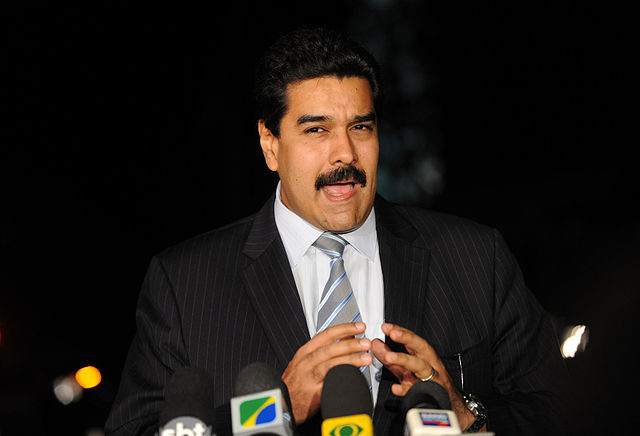Venezuelan President Nicolás Maduro announced on Thursday that he would block access to the social media platform X, formerly known as Twitter, for 10 days. The decision follows a heated public spat with the platform's owner, Elon Musk, over the contested presidential election in Venezuela, which has been marred by allegations of fraud and international condemnation.
Maduro, who was declared the winner of the July 28 election by Venezuela's National Electoral Council (CNE), has faced mounting opposition both domestically and abroad. The election results have been widely disputed, with the United States, along with several other Western nations, recognizing opposition candidate Edmundo González Urrutia as the legitimate victor. The situation has intensified as anti-government protests have erupted across Venezuela, leading to hundreds of arrests by the country's security forces.
The Venezuelan president, in a televised speech, accused Musk of violating Venezuelan laws and inciting unrest through the platform. "Elon Musk is the owner of X and has violated all the rules," Maduro declared. "He has incited hatred, fascism, civil war, and death, and has violated all Venezuelan laws." The president claimed that the social media platform had become a tool for destabilizing his government, particularly during the recent election.
Maduro's announcement came after a series of exchanges between him and Musk on the platform. Musk, who has been vocal about his support for Venezuela's opposition, described Maduro as a "dictator" and accused him of orchestrating "major election fraud." Musk's posts, which included derogatory remarks comparing Maduro's intelligence to that of a donkey, fueled the controversy and added to the tension surrounding the election.
In response to Musk's comments, Maduro accused the tech billionaire of conspiring against Venezuela and attempting to influence the election outcome. The Venezuelan leader alleged that the country's electoral body was targeted by a "cyber coup" during the election, with Musk playing a key role in the purported attack. However, these claims were dismissed by the Carter Center, an international observer group invited by the Venezuelan government to monitor the election. The Center reported that it found "no evidence" of any cyberattack and concluded that the election "did not meet international standards of electoral integrity."
The decision to block X has raised alarms about the state of free speech and the flow of information in Venezuela. The move is seen as an attempt by Maduro to suppress dissent and control the narrative as the country grapples with the fallout from the disputed election. Critics argue that the ban on X is a clear violation of freedom of expression and a tactic to silence opposition voices in the face of growing unrest.
The situation in Venezuela has attracted international attention, with several countries, including the United States, Brazil, Colombia, and Mexico, calling for transparency and the release of official vote tallies. Despite these calls, the CNE has yet to publish the detailed election results, further fueling suspicions of foul play. The Venezuelan Supreme Court has summoned representatives from all parties involved in the election to submit their own vote tallies, but the opposition candidate González has expressed concerns about attending the hearing, citing fears for his safety and the integrity of the process.




